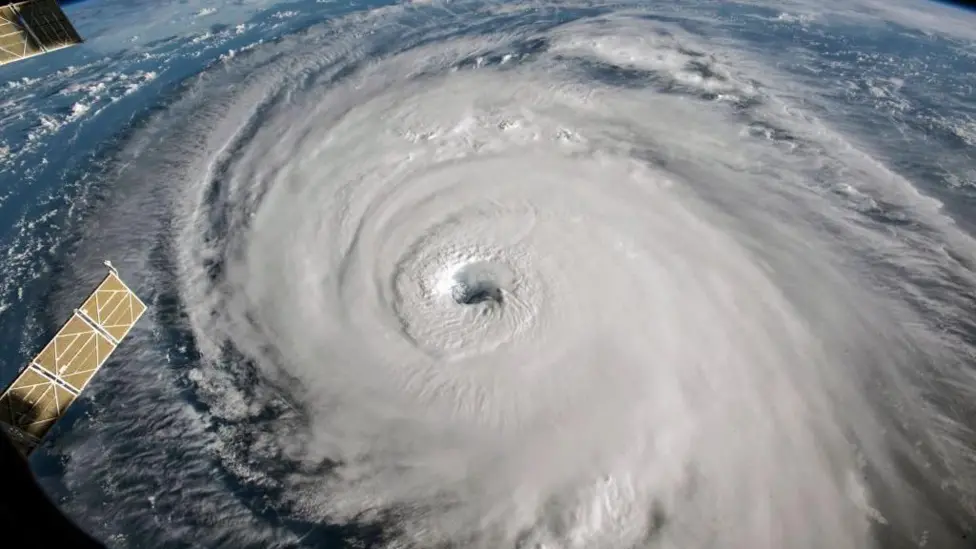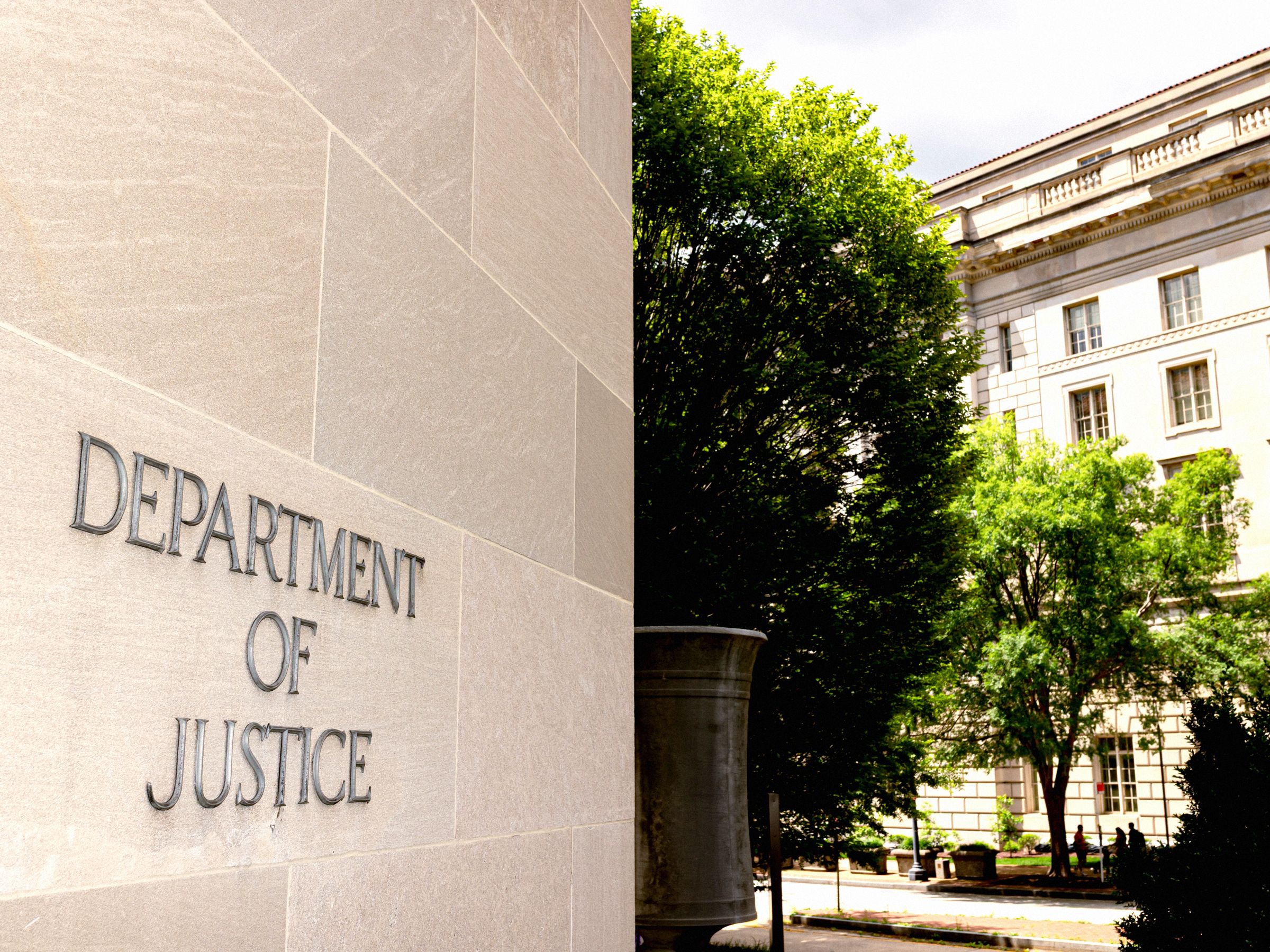Tech giants unleash AI on weather forecasts: are they any good?
Tech giants unleash AI on weather forecasts: are they any good?
With the advancements in artificial intelligence technology, tech giants like Google, IBM, and Microsoft have started using…

Tech giants unleash AI on weather forecasts: are they any good?
With the advancements in artificial intelligence technology, tech giants like Google, IBM, and Microsoft have started using AI to improve weather forecasting accuracy.
These companies are leveraging AI algorithms to analyze vast amounts of meteorological data in real-time, enabling them to predict weather patterns with more precision than traditional forecasting methods.
While AI-powered weather forecasts have shown promising results in some cases, there are still challenges in accurately predicting certain weather phenomena, such as sudden changes in atmospheric conditions.
One of the main advantages of using AI for weather forecasting is its ability to continuously learn and adapt to new data, leading to more accurate predictions over time.
However, some critics argue that AI models may not always take into account all relevant variables that can affect weather patterns, leading to potential inaccuracies in forecasts.
Despite these challenges, tech giants are continuing to invest in AI-powered weather forecasting technology, with the goal of providing more reliable and timely information to users.
Ultimately, the effectiveness of AI in weather forecasting will depend on the quality of the data being fed into the algorithms and the ability of these models to adapt to changing conditions.
As AI technology continues to evolve, it is likely that we will see further improvements in weather forecasting accuracy, making it an increasingly valuable tool for meteorologists and the general public.
In conclusion, while AI-powered weather forecasts have the potential to revolutionize the field of meteorology, there are still challenges to overcome before they can be considered truly reliable and accurate.




